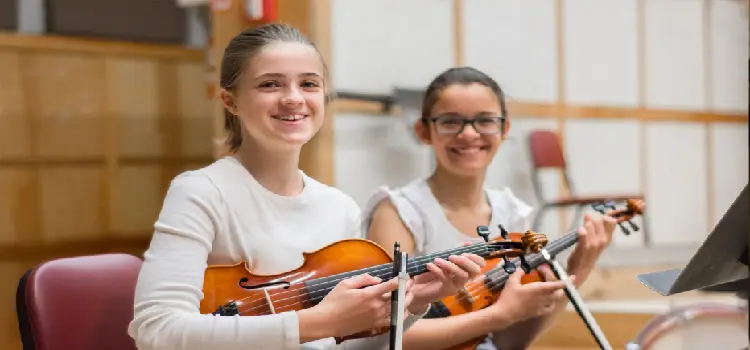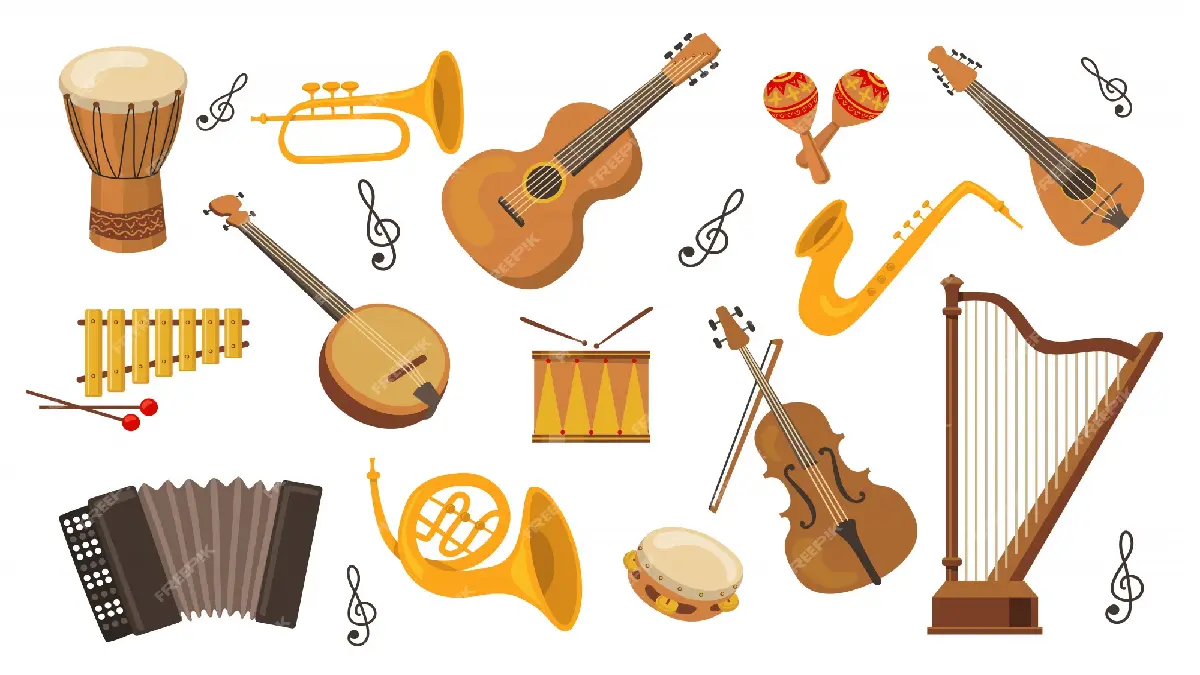
introduction
Mastering a musical instrument is a pursuit that transcends mere skill; it embodies an art form that requires dedication, passion, and a deep understanding of music itself. Becoming an accomplished instrumentalist is a journey that demands a unique set of qualities, extending far beyond the mechanical execution of notes.
These attributes define the path to musical proficiency and shape an artist’s ability to convey emotion, evoke resonance, and captivate audiences. The first quality of an instrumentalist lies in their unwavering commitment. It takes time, patience, and consistent practice to excel in playing an instrument. A dedicated musician perseveres through the challenges, understanding that progress is often incremental.
Passion for Music
Playing an instrument proficiently demands a combination of skills and qualities. First and foremost, a genuine passion for music is crucial. This hunger drives consistent practice and fuels the desire to excel. Patience is equally vital; mastering an instrument takes time, and setbacks are inevitable. Discipline ensures regular exercise, helping to hone skills and develop a deep understanding of music theory.
Listening skills allow an instrumentalist to pick up nuances in tone, tempo, and phrasing, enabling them to play with greater accuracy and expression. A keen sense of rhythm ensures precise timing, while coordination and dexterity enable fluid movements across the instrument. Additionally, a good memory aids in memorizing pieces and improves overall performance.
Patience and Persistence
Playing an instrument proficiently demands tenacity and patience. Mastery is a journey, not a sprint. Consistent practice, even when progress is slow, is crucial. Persistence fuels improvement, pushing through challenges and plateaus. Precision and Timing Precision in execution, from fingering to bowing, ensures accurate rendition. A keen sense of timing distinguishes a maestro from an amateur.
Attention to Detail Meticulous attention to nuances, like dynamics and articulation, elevates a performance. Dedication to Learning A thirst for knowledge about theory and technique is key. Musicianship is a lifelong learning process. Emotional Expression: Connecting emotionally with the music communicates its essence to the audience.
Discipline and Routine Establishing a structured practice regimen fosters growth. Adaptability and Versatility: Being adept in various styles and genres expands one’s musical horizons. Active Listening: Listening attentively hones the ear for nuances and harmonies. Finally, Love for Music Genuine passion and love for the art form is the cornerstone of a true instrumentalist’s journey.
Discipline and Routine
Establishing a structured practice routine is paramount. Consistent, focused practice sessions allow for steady progress and help solidify muscle memory. Discipline ensures that practice is not sporadic but a regular part of daily life. This consistency is what separates severe musicians from casual players.
Ear Training and Musicality
An exceptional instrumentalist possesses a keen ear for music. They can discern pitch, tone, and rhythm nuances, allowing them to reproduce sounds accurately. Developing musicality involves technical proficiency and the ability to infuse emotion and expression into every note.
Technical Proficiency
Mastering an instrument requires a deep understanding of its mechanics. This encompasses everything from proper finger placement to breath control, bowing technique, or any other instrument-specific skill. Technical proficiency is the scaffolding upon which a musician builds their artistry.
Knowledge of Music Theory
Understanding the theoretical aspects of music provides a framework for interpretation and composition. It allows instrumentalists to dissect a piece, grasp its structure, and make informed artistic choices. A solid foundation in music theory is essential for interpreting complex compositions and improvising effectively.
Creativity and Interpretation
Exceptional instrumentalists are not mere replicators of music; they are interpreters. They bring their unique flair and interpretation to every piece they play, adding a personal touch. Creativity allows them to innovate, experiment, and even compose their music, showcasing their individuality.
Collaborative Skills
Music is often a communal endeavor, and the ability to collaborate with other musicians is invaluable. This involves not only the capacity to synchronize with others in terms of timing and phrasing but also being receptive to feedback and open to new ideas.
Adaptability and Versatility
An instrumentalist’s proficiency isn’t confined to a single genre or style. Exceptional musicians are versatile and capable of navigating a broad spectrum of musical genres and adapting to different performance settings. This adaptability ensures they remain dynamic and relevant in an ever-changing musical landscape.
Stage Presence and Confidence
Performing in front of an audience is pivotal to being an instrumentalist. Confidence, the ability to command the stage, and engaging the audience all contribute to a memorable performance. Stage presence is what transforms a technically skilled musician into a captivating performer.
Conclusion
mastering an instrument requires a blend of innate talent, unwavering dedication, and a set of cultivated qualities. These qualities form the bedrock upon which exceptional instrumentalists build their craft. By embodying these traits, musicians can transcend proficiency, achieving a level of artistry that resonates deeply with themselves and their audience.


1 thought on “The Qualities of Exceptional Instrumentalist: 10 Qualities to Master an Instrument”